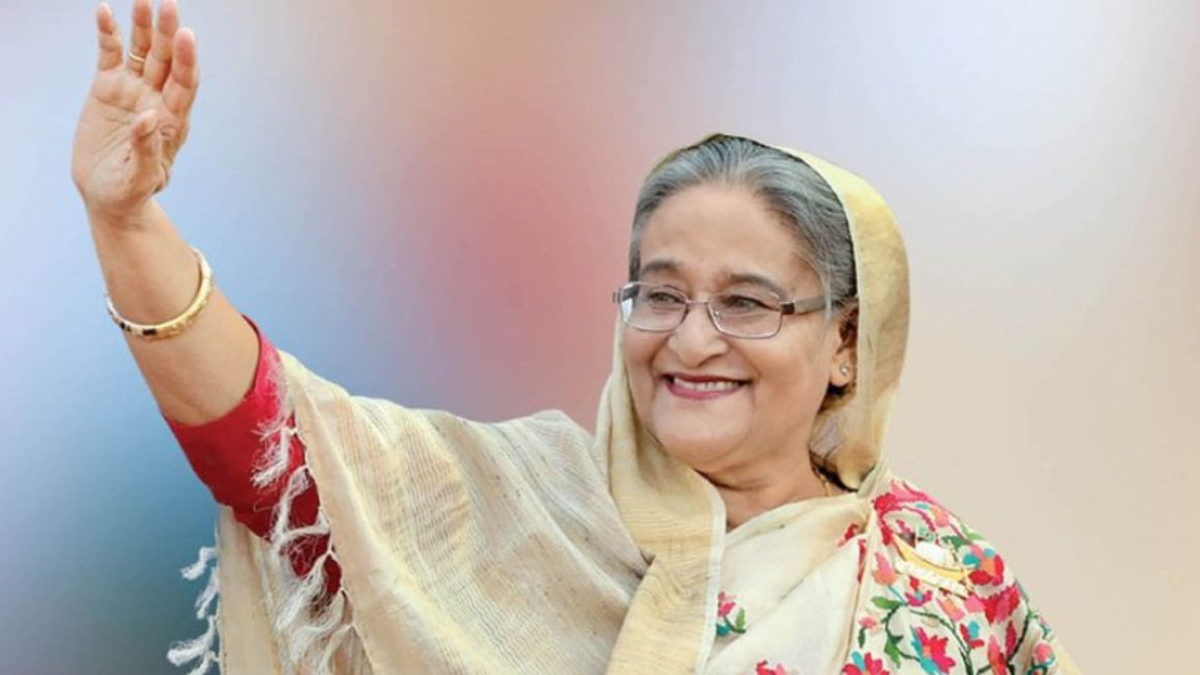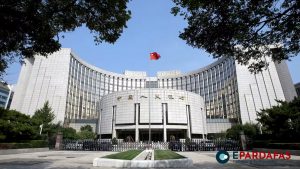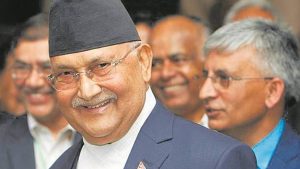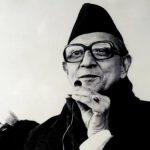
Sheikh Hasina’s Long Rule Ends Abruptly as Protesters Storm Palace

Sheikh Hasina, who once helped rescue Bangladesh from military rule, saw her 15-year reign come to a dramatic end on Monday as protesters stormed her palace in Dhaka.
Hasina, 76, had presided over a period of significant economic growth but also faced criticism for human rights abuses and the suppression of political opponents. Her tenure, marked by economic progress and international praise, was increasingly overshadowed by allegations of autocratic governance and human rights violations.
Protests and Political Upheaval
The protests that led to Hasina’s resignation began in July, with university students rallying against controversial civil service job quotas. These demonstrations quickly escalated into widespread unrest and demands for Hasina’s resignation. Last month, clashes between police, pro-government groups, and protesters drew international condemnation for the government’s handling of the situation.
Hasina won a fifth term as prime minister in January, but the opposition boycotted the election, alleging it was neither free nor fair. Critics accused her administration of numerous rights abuses, including the alleged murder of opposition activists.
Economic Growth Amidst Controversy
Hasina, the daughter of Bangladesh’s independence leader Sheikh Mujibur Rahman, witnessed her country’s economic rise during her time in office. Once considered a “basket case” by US statesman Henry Kissinger, Bangladesh under Hasina’s leadership saw significant economic improvements. The country averaged more than six percent growth annually since 2009, with poverty rates plummeting and access to electricity reaching over 95% of the population by 2021.
Hasina’s government was praised for its role in advancing the garment industry, which became a key driver of economic growth. However, her administration’s intolerance of dissent and the crackdown on Islamist militants following the 2016 Dhaka café attack also drew criticism.
Controversies and Sanctions
Despite her economic achievements, Hasina’s rule was marred by controversies, including the execution of top Islamist leaders and opposition figures accused of war crimes from the 1971 liberation war. These trials sparked mass protests and were widely criticized as politically motivated.
In 2021, the United States imposed sanctions on an elite branch of Bangladesh’s security forces and seven top officers over allegations of widespread human rights abuses.
As unrest continued, Hasina insisted that she had dedicated herself to the country’s development. “Over 15 years, I’ve built this country,” she told reporters. “What didn’t I do for the people?”
Her departure marks a significant turning point for Bangladesh, with an interim government now set to take charge amid ongoing uncertainty.
Watch Video:












Comments